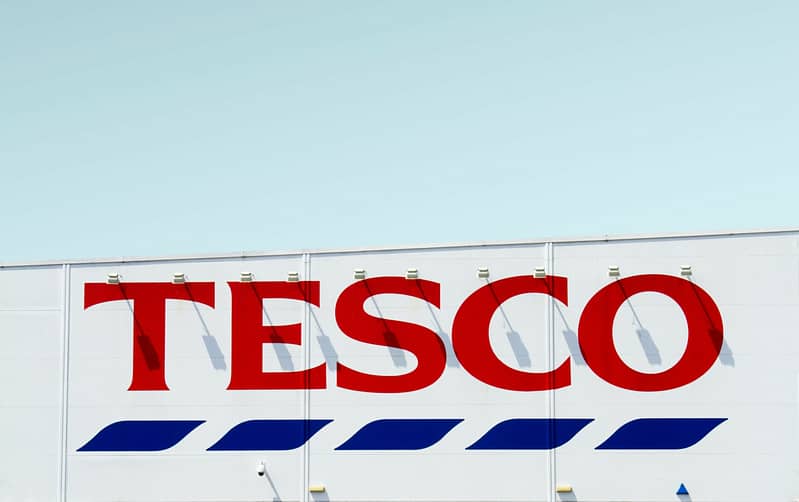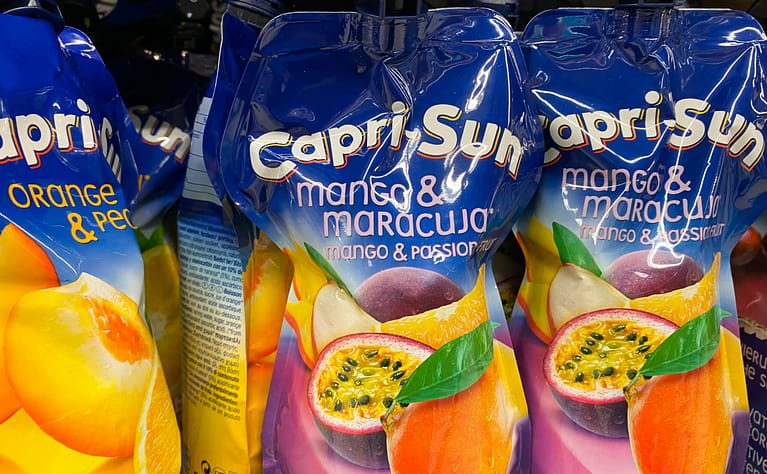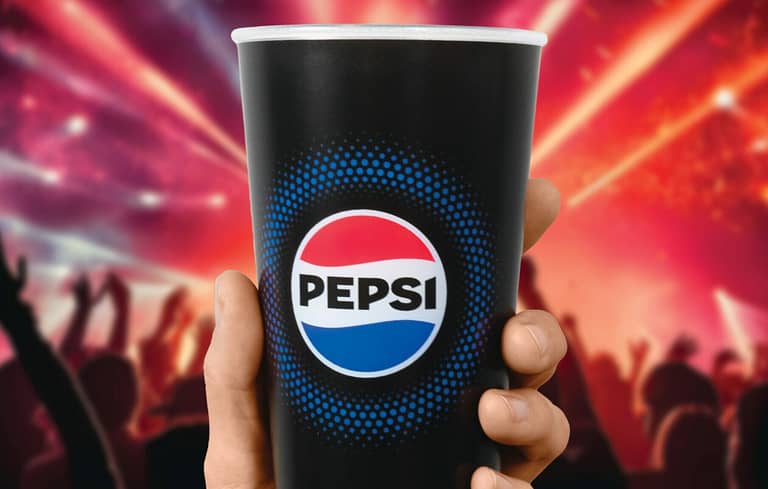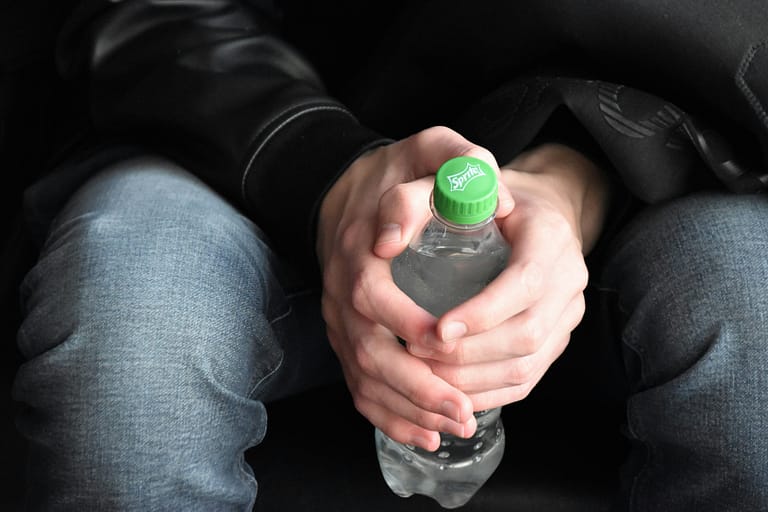Image source: Simone Hutsch, Unsplash
Heinz and Tesco launch recycling pilot for thermoformed packaging
Thomas Reiner | 23.09.2022
Thermoformed packaging is considered difficult to recycle and has so far had only a shadowy existence in recycling. The Kraft Heinz Company and the Tesco retail chain are therefore launching a pilot project in the UK. The focus is on newly developed packaging for “Heinz Beanz Snap Pots,” which consist to 39 percent of ISCC PLUS-certified recycled plastic. The experiment with a near-retailer return system is highly exciting. It addresses a previous “material problem child” and at the same time circumvents the difficult near-household disposal. Brand owners and retailers are continuing to drive the circular economy forward at full speed. That’s a good thing, because retail in particular could offer huge leverage when it comes to recycling.
“Heinz Beanz Snap Pots” contain Heinz beans in a rich tomato sauce and are a very popular side dish in the UK. Typically, thermoformed packaging is used for this type of food, but so far it has not ended up in the cycle. In 2020, for example, only 6 percent of thermoformed packaging in the UK was recycled.
The new pilot project launched in July 2022 by Heinz and supermarket chain Tesco aims to close this gap – with a newly developed packaging and a retailer-based return system.
Snap Pots
Snap Pot packaging is very popular with consumers. They are easy to handle, have a practical format, are suitable for the microwave and offer good product protection.
The partners in the new closed-loop packaging
For the pilot project, Heinz partnered with packaging manufacturer Berry Superfos, chemical recycler Plastic Energy and Saudi Arabian chemical and metals group Sabic to develop a new, circular version of Snap Pots.
Validation of recycled content
The new Snap Pots are made to 39 percent of ISCC PLUS-certified recycled plastic. Validation follows a mass balance approach as recommended by ISCC (International Sustainability & Carbon Certification). It allows tracking the quantity and sustainability characteristics of all materials used in the manufacturing process.
Recycling and manufacturing process
- The recycled content of the new Snap Pots comes from thermoformed packaging that was dropped off by consumers at Tesco store collection points after use.
- The packaging collected from retail outlets is physically separated and then converted into an oil feedstock by Plastic Energy.
- The oil feedstock obtained is subsequently combined with virgin material by Sabic and processed into new plastic granules approved for food contact.
- The granules are finally processed into new Snap Pots at an ISCC-certified Berry Superfos site.
Heinz packaging goals
With the pilot project, The Kraft Heinz Company is aiming to contribute to its goal of making all packaging used 100 percent recyclable, reusable or compostable by 2025.
Retail = Leverage
Brand owners and retailers continue to drive the circular economy forward at full speed. Retail in particular offers huge potential here, bypassing the difficult near-household collection of packaging. It will be exciting to see whether consumers play along with the near-retail collection system. If they accept the system, it offers enormous leverage for collection and recycling.
Theoretically not enough
Heinz and Tesco’s approach can only be welcomed. Because one thing is clear: recyclability alone sounds good, but what matters is the result in practice. In real terms, we need to be able to capture used packaging and feed it into material recycling. Anything else is window dressing.




